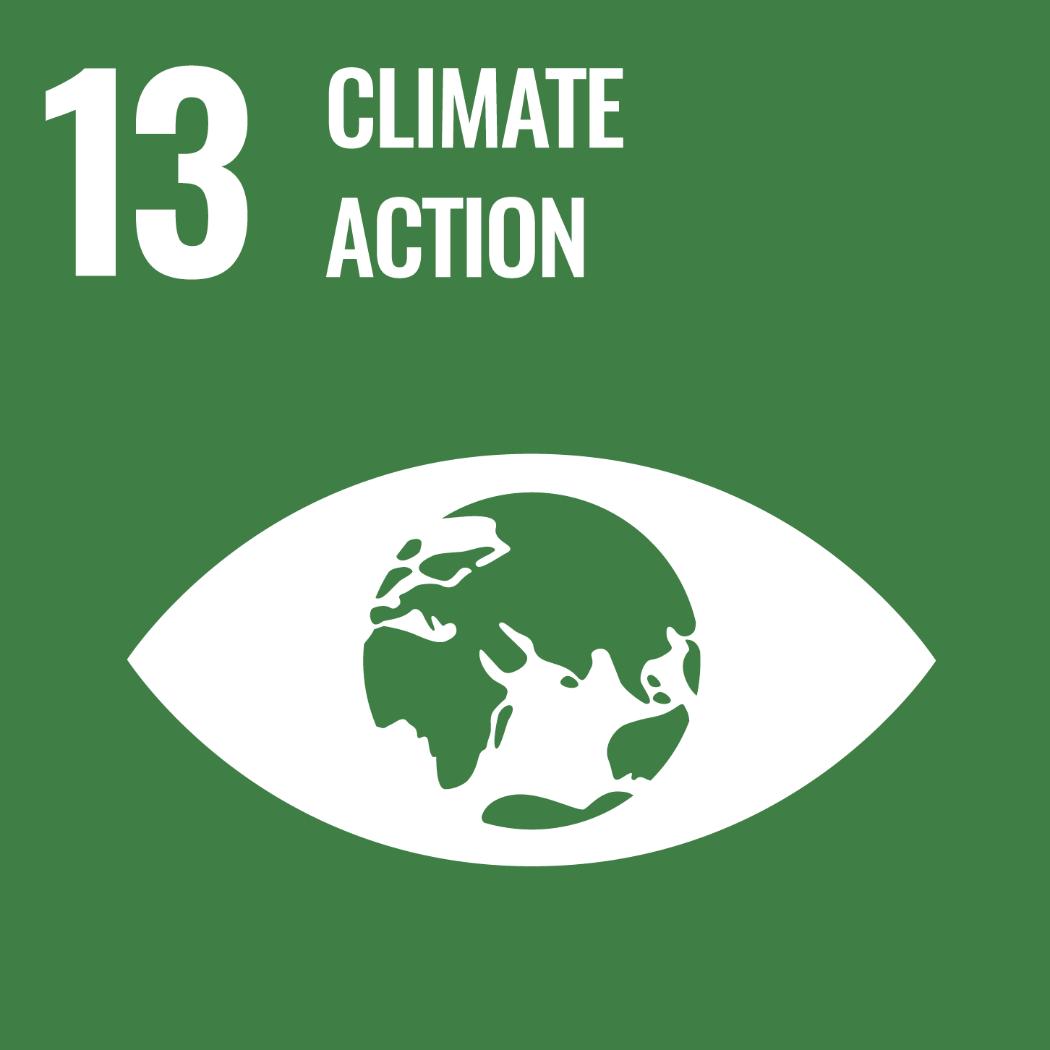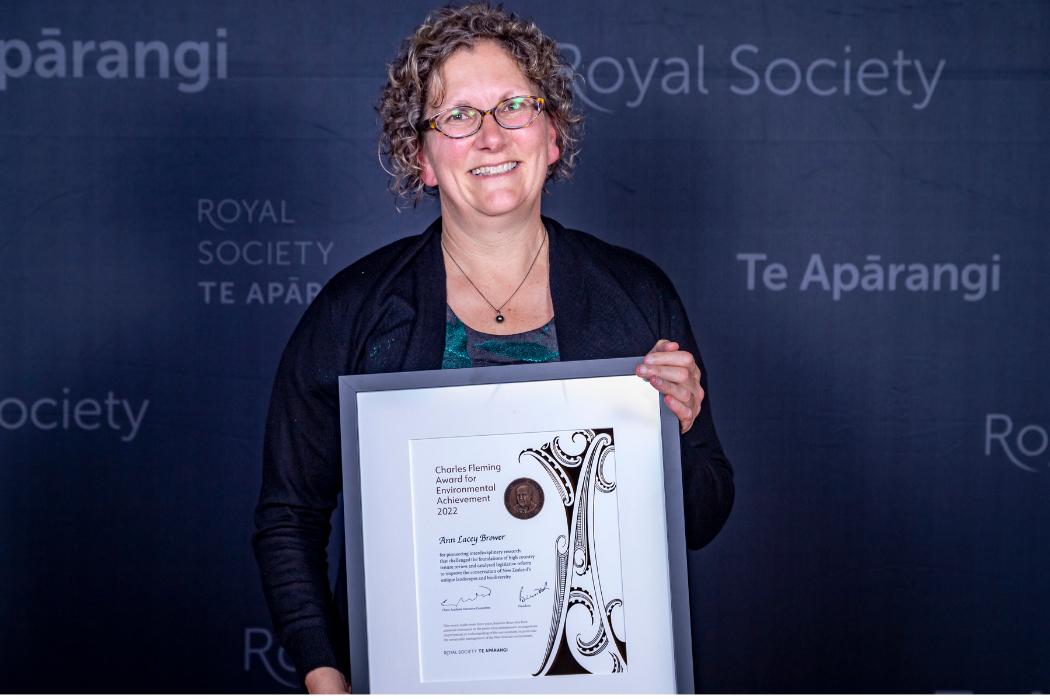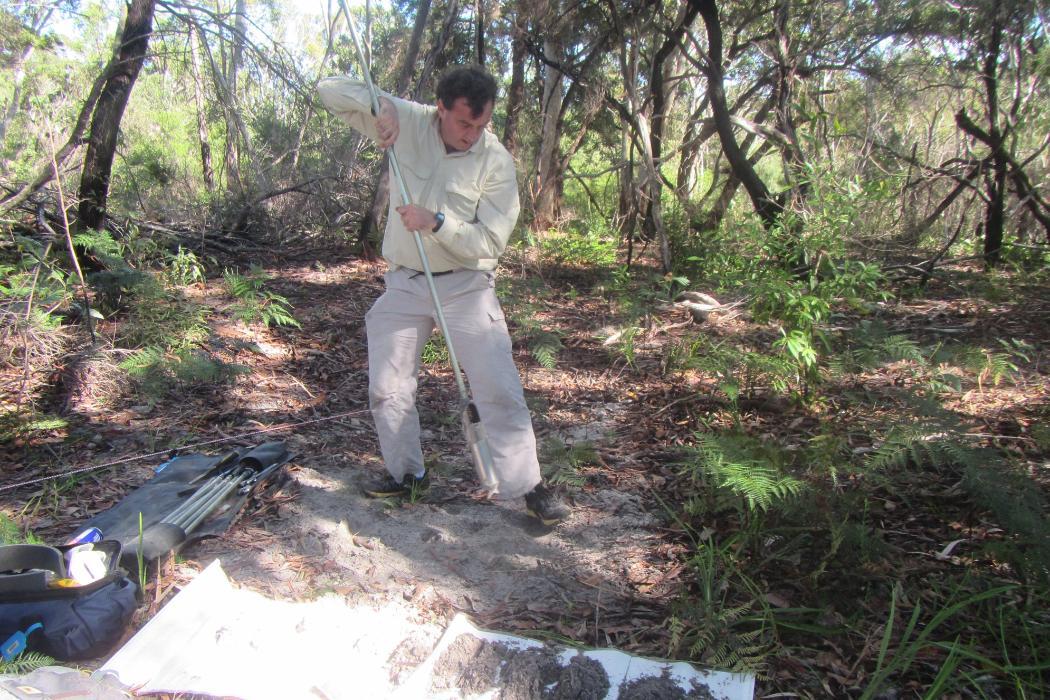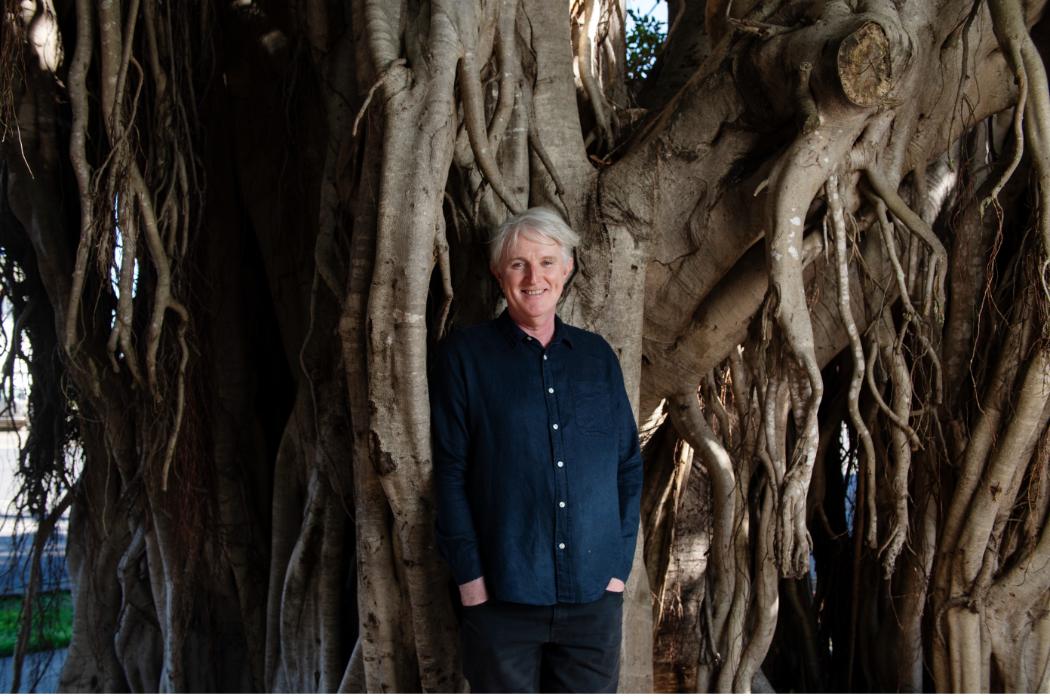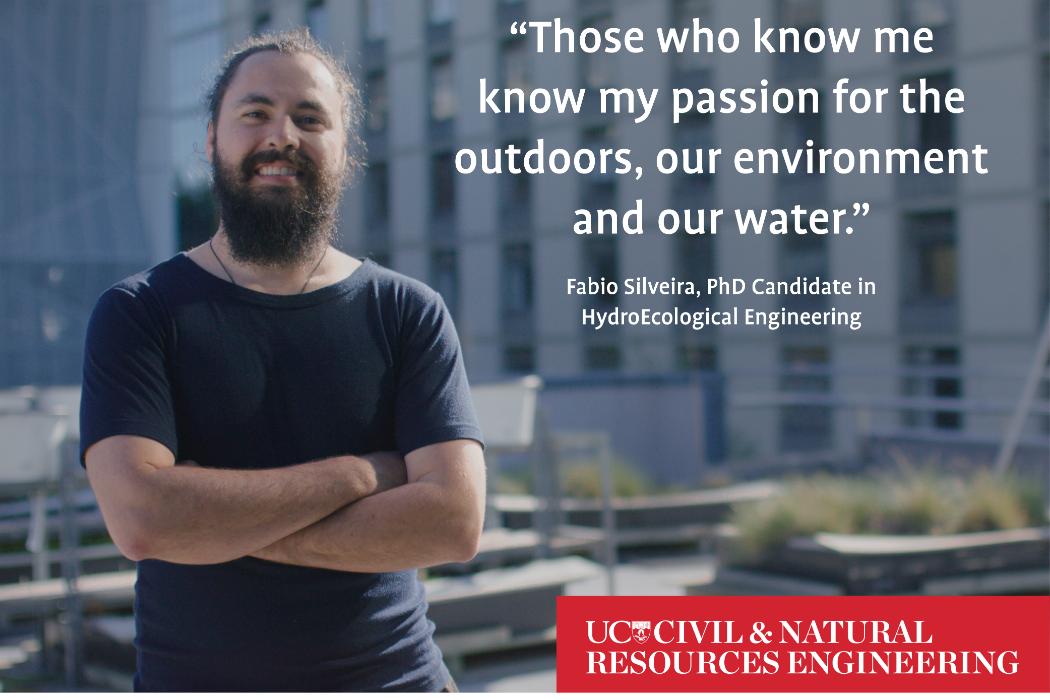“Almost 300 colleagues from our UC cycling community signed up for the Aotearoa Bike Challenge and have been well and truly riding and shining this year. Together, they commuted over 30,000km and saved more than 6,300kg* of CO2 during February. This is incredible mahi and it all helps to create a more sustainable Aotearoa,” UC Amorangi Toitū | Pro-Vice-Chancellor Sustainability Professor Jan Evans-Freeman.
Measurably improving environmental sustainability is a key objective of UC’s Strategic Vision – Tangata Tū, Tangata Ora. The commitment to the Challenge by UC staff resulted in saving the most CO2 nationally during the Challenge.
Kiera Tauro is one of the top riders at UC and participates every year, “I really enjoyed the Aotearoa Bike Challenge this year. My goal was to ride every day – and I did! There were a few days where getting the day points were the only thing that got me in the saddle. It motivated me to bring my bike on road trips and commute to work more than usual.”
In addition to reducing emissions, cycling has a positive impact on mental and physical wellbeing, says School of Health Sciences Dr Chris North.
“Biking brings together many dimensions of wellbeing, from physical activity, mental health, time in the outdoors, and often also has opportunities for social interactions that you can’t get in a car. Getting more people on bikes helps people in so many ways!” he says.
UC’s Aotearoa Bike Challenge workplace champion and Sustainability Engagement Coordinator Chloe Sutton has helped spread the word and encouraged colleagues to join. “I'm feeling really proud of our UC community for their efforts in this year's Challenge - especially those who perhaps got a little out of their comfort zone and gave riding a go this month,” she says.
“There's something so special about seeing people living by their values and having fun along the way. We were in every pedal together this month and the photo says it all... Bring on 2024!”
* The figure for the amount of CO2 saved by cycling on this website relates to cycle trips that have been logged for transport purposes only. The statistic relates to the total amount of CO2 released by an average car, of unknown fuel type, which roughly estimates of the amount of CO2 saved by cycling instead of driving. It is calculated as follows:
Total units travelled x kg CO2 per unit = total kg CO2
For more information, click here.


